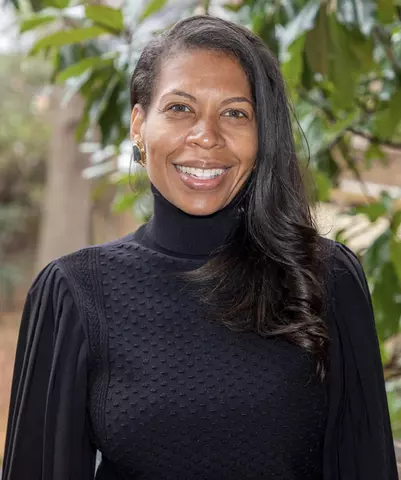Shay Stevens

Presentations from Facing Race 2024
This workshop will provide government racial equity officers, policymakers, and administrators with practical tools and strategies to advance racial equity within government agencies by integrating restorative practices into the local government landscape.
Restorative Practices is an indigenous power-sharing framework that can improve authentic communication, acknowledge the harms of institutional racism, develop equitable staff and community engagement, and strengthen institutional accountability—critical components of racial equity work. Restorative practices offer a framework to build community and institutional capacity to achieve a more equitable future.
In this interactive workshop, participants will:
1. Comprehensively understand restorative practices, including their principles, values, and applications within government settings;
2. Identify specific areas within their government agencies where restorative practices can promote racial equity and address systemic injustices;
3. Learn strategies for fostering inclusive and supportive environments within government agencies, emphasizing collaboration, empathy, and power-shifting;
4. Work collaboratively to create actionable plans for implementing restorative practices within their respective government departments, including identifying key stakeholders, setting goals, and establishing metrics for success;
5. Discuss common challenges and resistance to implementing restorative practices within government settings and develop strategies for overcoming them; and
6. Assess the effects of restorative practices on advancing racial equity within their agencies, including collecting feedback, measuring outcomes, and making necessary adjustments.
By incorporating these principles into government policies and procedures, participants will learn how to create more inclusive and equitable environments that prioritize the needs of marginalized communities. Join us!